I’ve heard many teachers say that the joy of teaching often comes when they see a student, who has struggled with an idea or concept for a long time, finally come to understand the idea in such a way that they can apply it in new situations. I thought about that with relation to today’s gospel reading. Bear with me.
So Mary comes to the tomb, early in the morning, while it is still dark. “While it is still dark” is an important detail: in Saint John’s Gospel, the idea of light or dark always means something more than whether or not you can see outside without a flashlight. Often he is talking about light and darkness in terms of good and evil. That’s the way it was when we heard of Judas in Friday’s Passion reading: when he went out to do what he had to do, the Gospel says “and it was night.” That wasn’t just to record the time of day, it meant that we had come to the hour of darkness. But here when Mary comes to the tomb, I think the darkness refers to something else. Here, I think it means that the disciples were still in the dark about what was happening and what was going to happen. They had been struggling with the implications of Jesus’ ministry and they still didn’t really understand who he was. They were in the dark.
Obviously, their confusion gives that away. Jesus had tried to tell them what was going to happen, but to be fair, what was going to happen was so far outside their realm of experience, that really, how could they have understood this before it ever happened? All they know is what Mary told them: the tomb is empty and she has no idea of where they have taken the Lord. And after all that had just happened with his arrest, farce of a trial, and execution, their heads had to be spinning. How could they ever know this was all part of God’s plan?
And even us – we who know that this was part of God’s plan – could we explain what was going on? Could we give a step-by-step picture of what happened when, and why? I know I couldn’t. But, like you, I take it on faith that, after Jesus died, the Father raised him up in glory. It’s a leap of faith that I delight in, because it is that leap of faith that gives me hope and promises me a future. How could we ever get through our lives without the grace of that hope? How could we ever endure the bad news that appears on our TV screens, in newspapers, and even closer to home, in our own lives – how could we endure that kind of news without the hope of the Resurrection?
And so, even though there is this flurry of rather confused activity among the Apostles this Easter morning, at least this day finds them running toward something, rather than running away as they had the night of the Passover meal. They are running toward their Lord – or at least where they had seen him last, hoping for something better, and beginning with the “disciple whom Jesus loved,” coming to understand at last. It’s not night anymore for them. The day is dawning, the hope of the Resurrection is becoming apparent, the promise of new life is on the horizon.
And may this morning find us running too. Running toward our God in new and deeper ways. Running back to the Church if this has been the first visit you’ve made in a long while. Running back to families if you have been estranged. Running to others to witness to our faith both in word and in acts of service. We Christians have to be the light that helps the hope of the Resurrection to dawn on a world groaning in darkness. It’s not night anymore. The stone has been rolled away. This is the day the Lord has made!
Christ is risen! He is risen indeed! Alleluia!
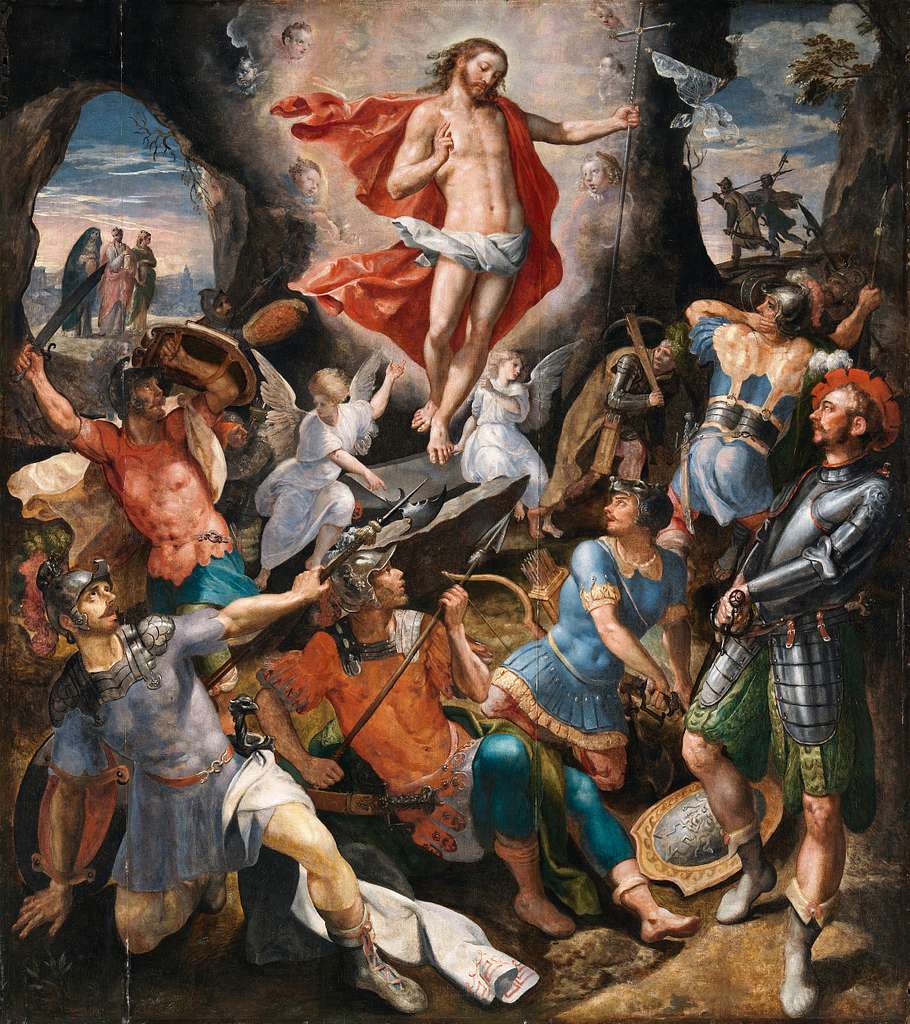
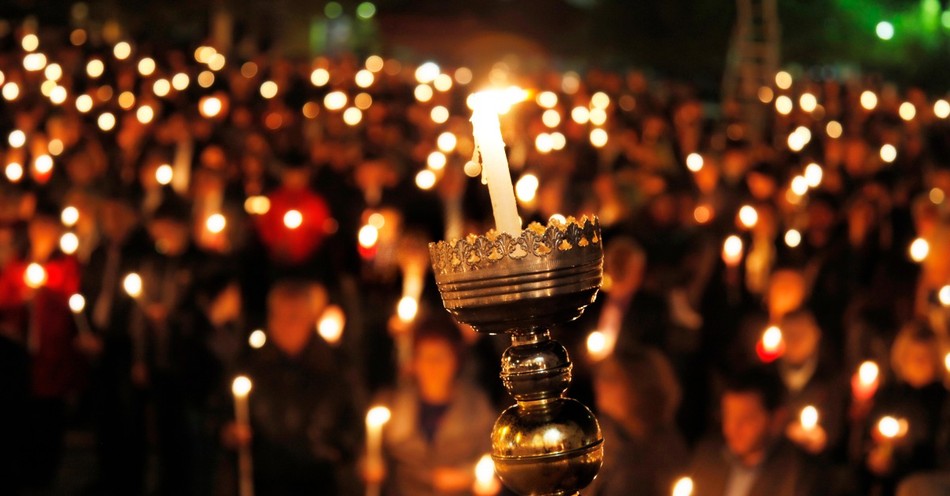
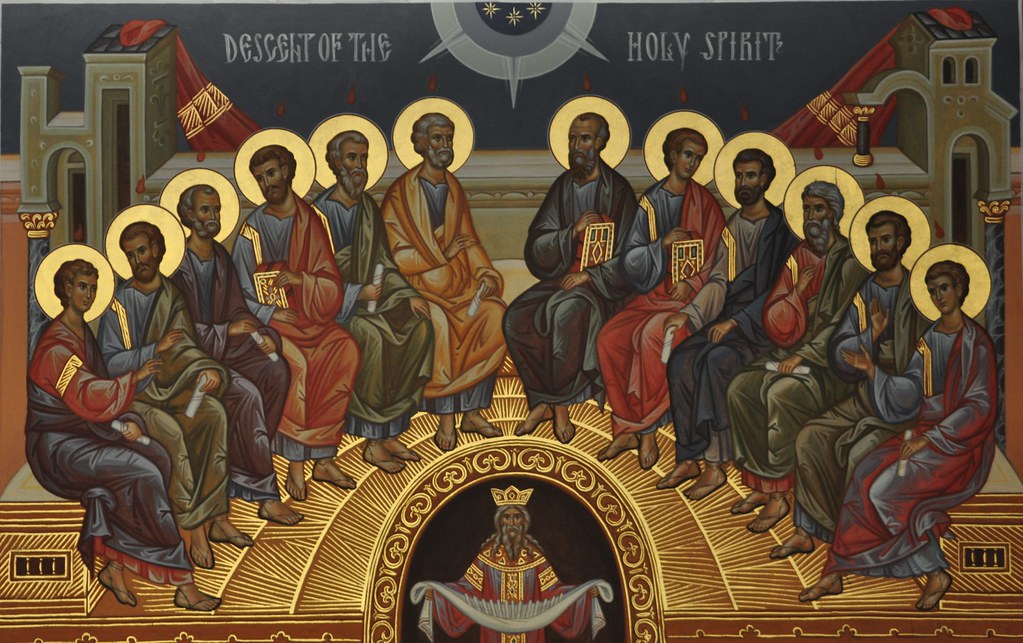


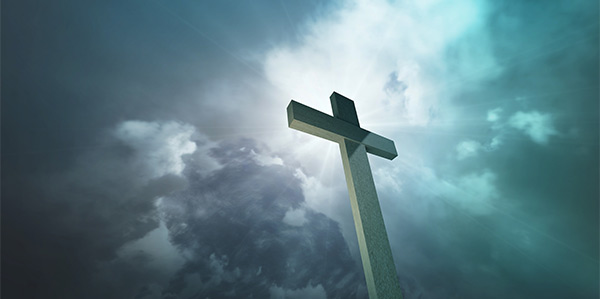


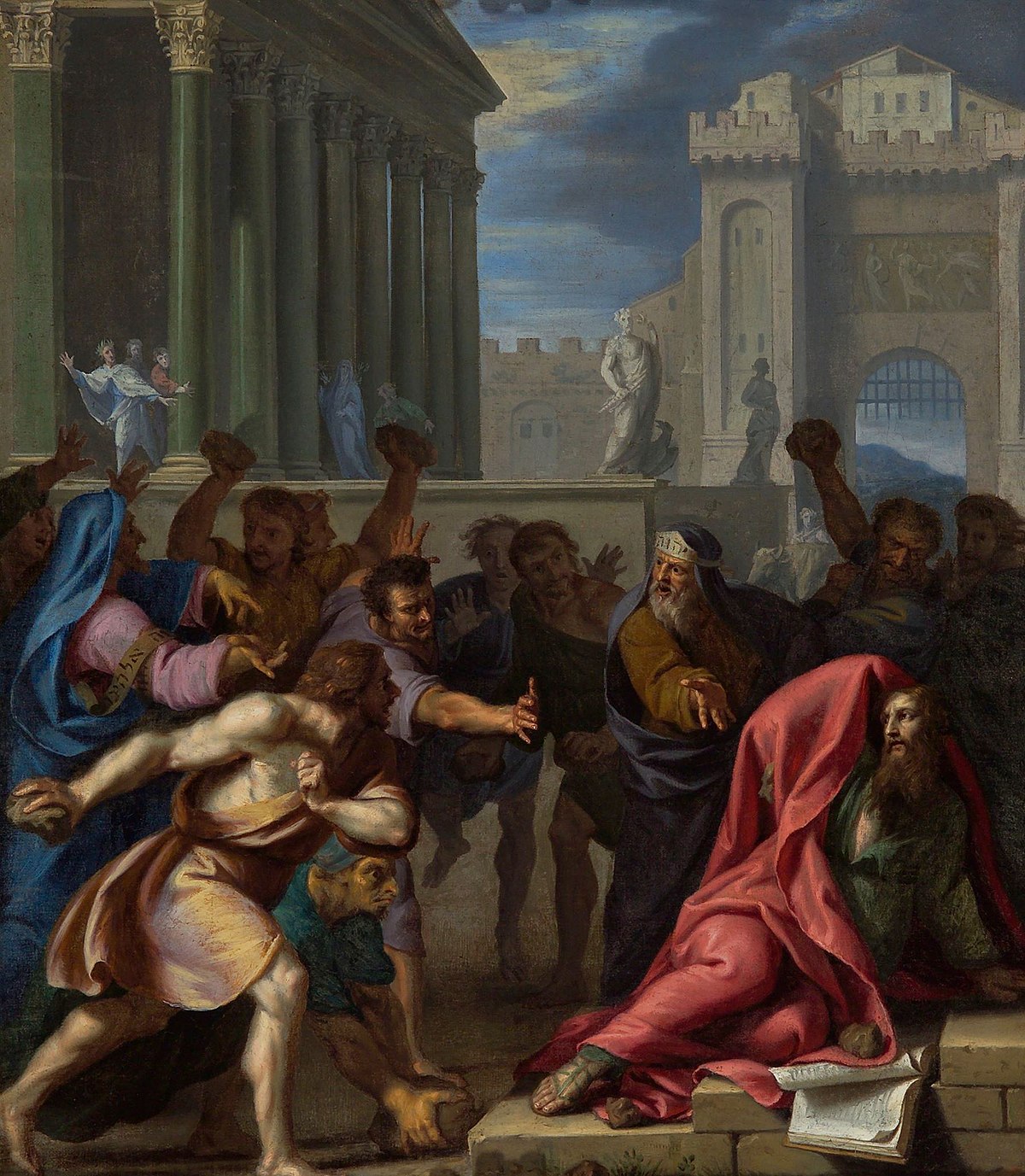
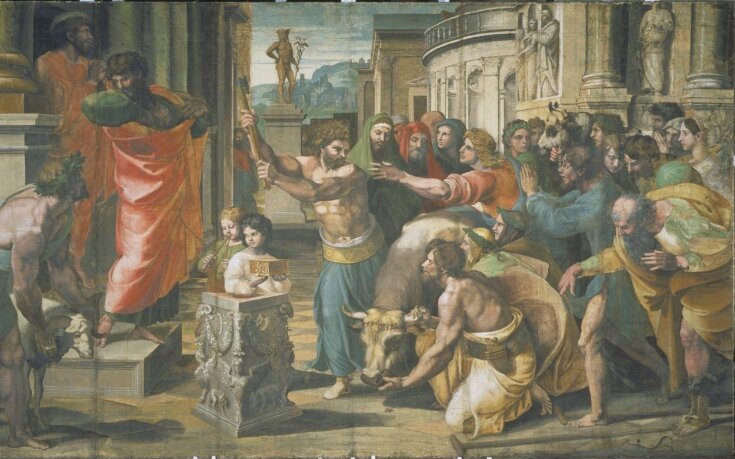
You must be logged in to post a comment.